Credit cards make shopping, travel and dining easy — but missing payments can trigger serious consequences. From rising interest and a damaged credit score to recovery calls, legal notices and, ultimately, court action, here’s what can happen and what you can do.
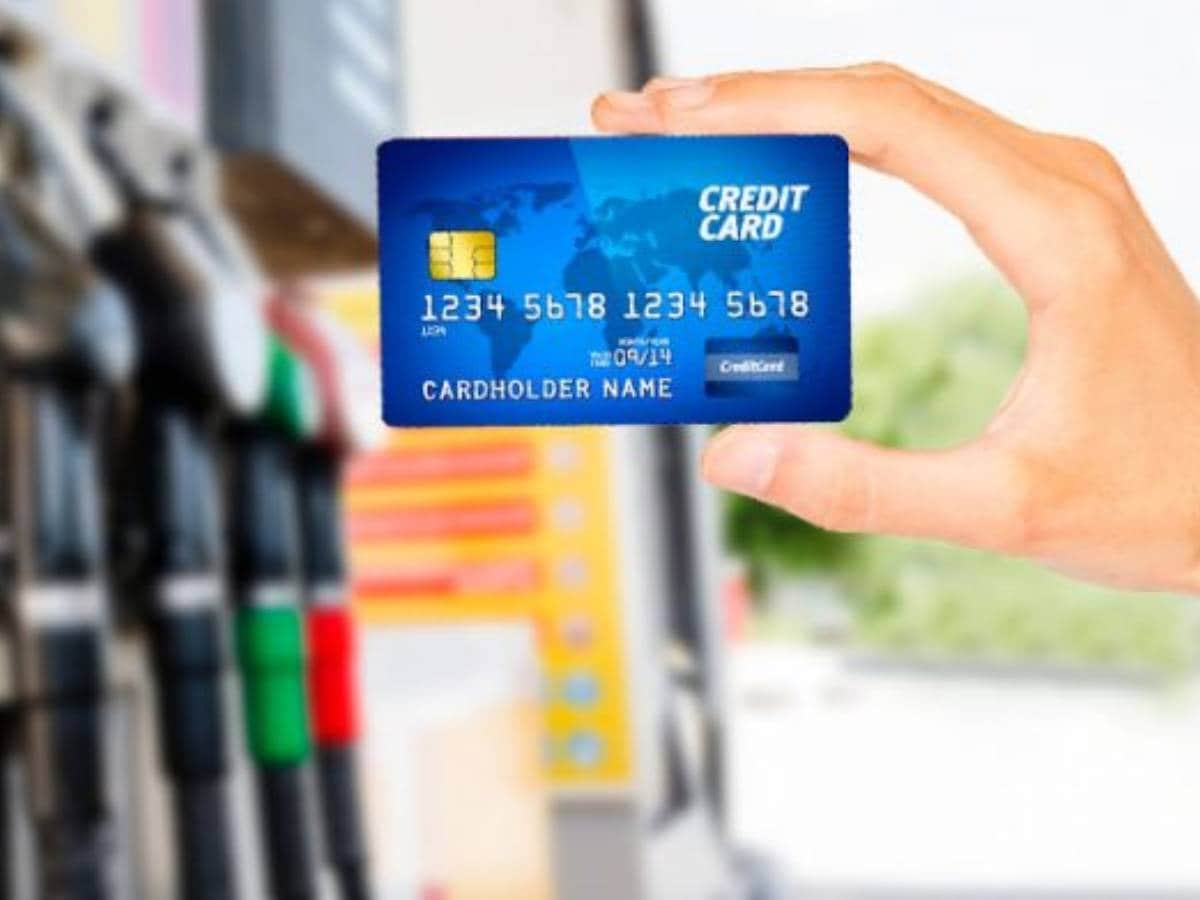
Missing payments first brings late fees and steep interest. Credit-card interest rates in India commonly run very high (and unpaid balances compound quickly), so even a month’s delay can inflate your debt significantly and damage your credit score — making future loans or cards harder to get.
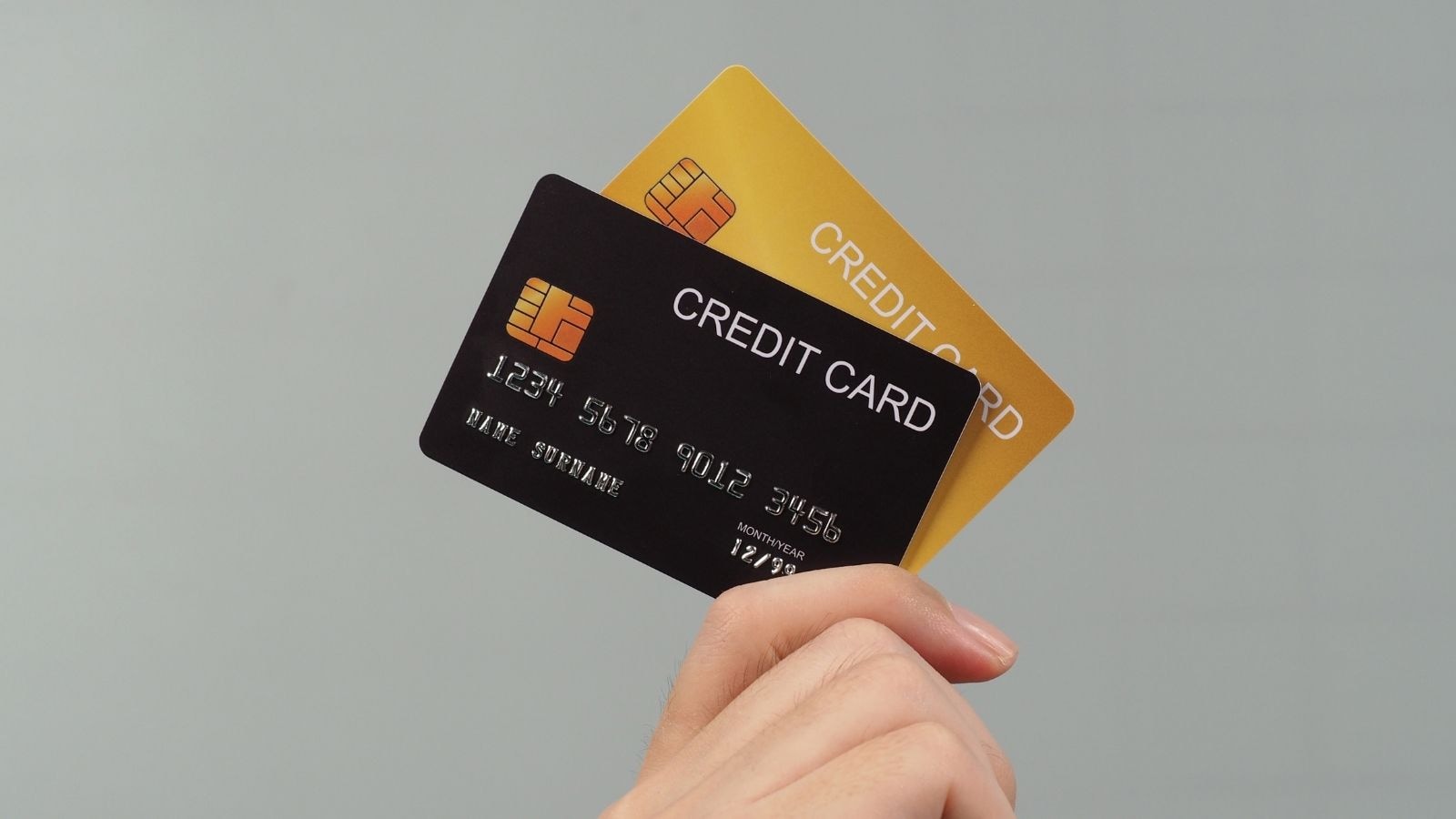
Missing payments first brings late fees and steep interest. Credit-card interest rates in India commonly run very high (and unpaid balances compound quickly), so even a month’s delay can inflate your debt significantly and damage your credit score — making future loans or cards harder to get.
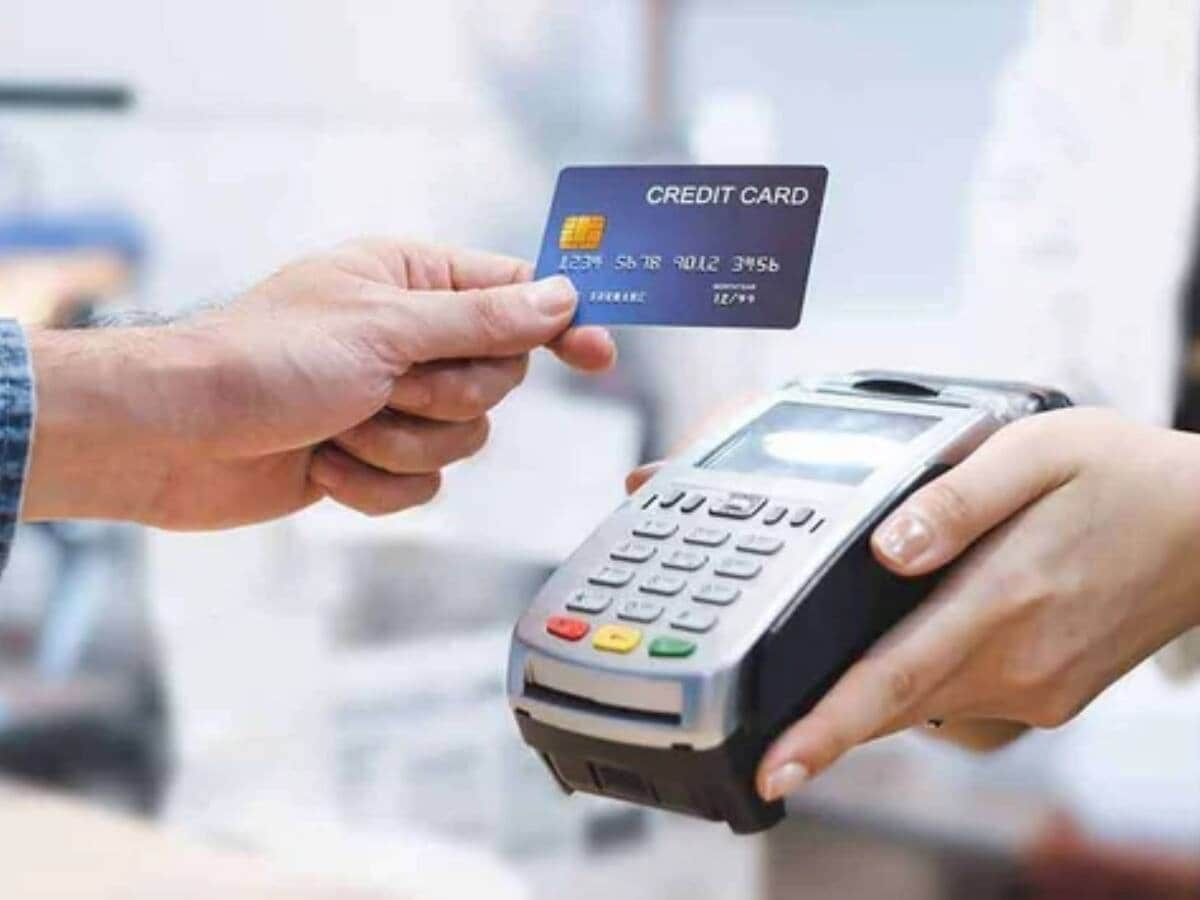
Banks will try to recover the debt through a staged process. Expect reminder calls, messages and emails first. If you remain unpaid, the account is often passed to a third-party recovery agent who may visit your home or office and contact neighbours.
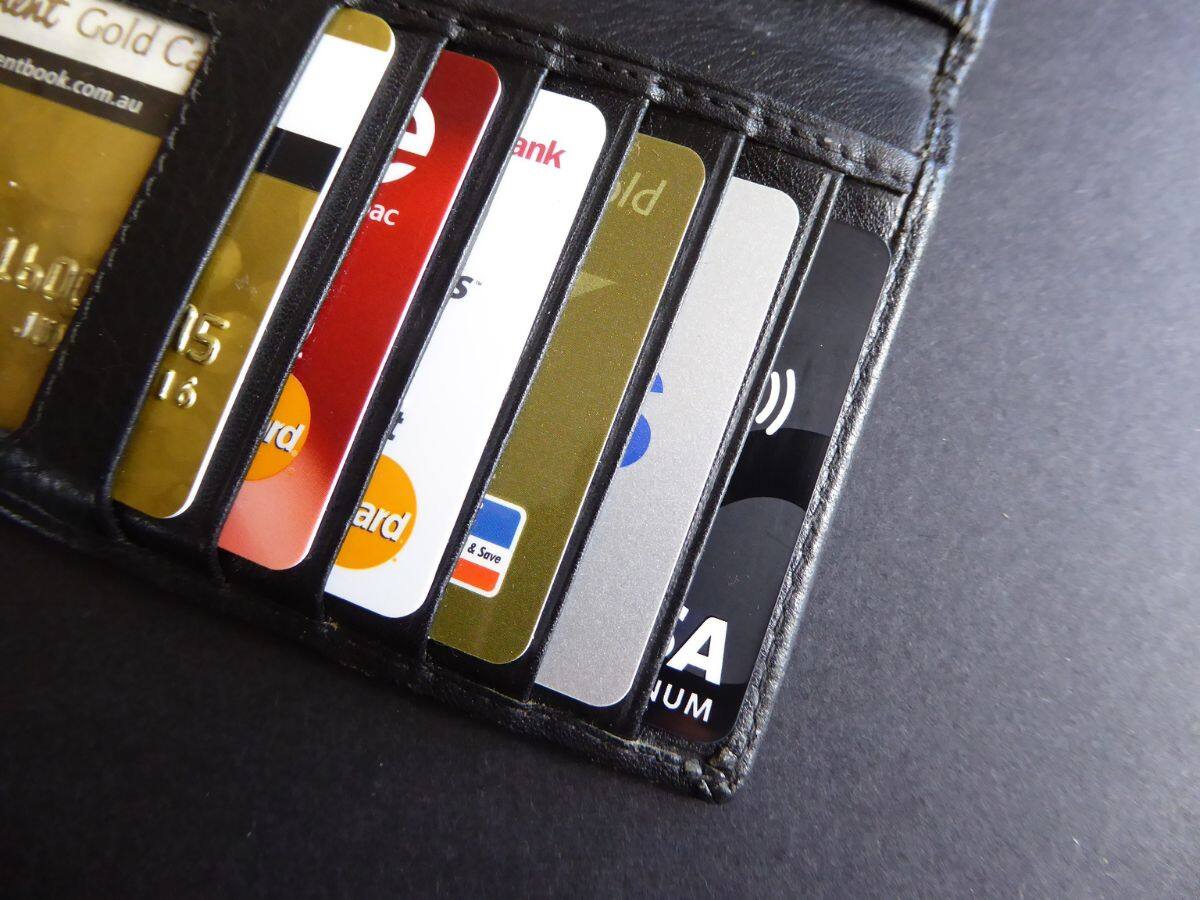
If recovery efforts fail, banks can escalate to legal action. For unsecured debts such as credit-card bills, lenders typically file a civil suit to recover the amount due. If the bank wins a judgment and you still don’t pay, the court can issue orders for attachment or execution of your assets — effectively allowing seizure or sale of property to satisfy the judgment.
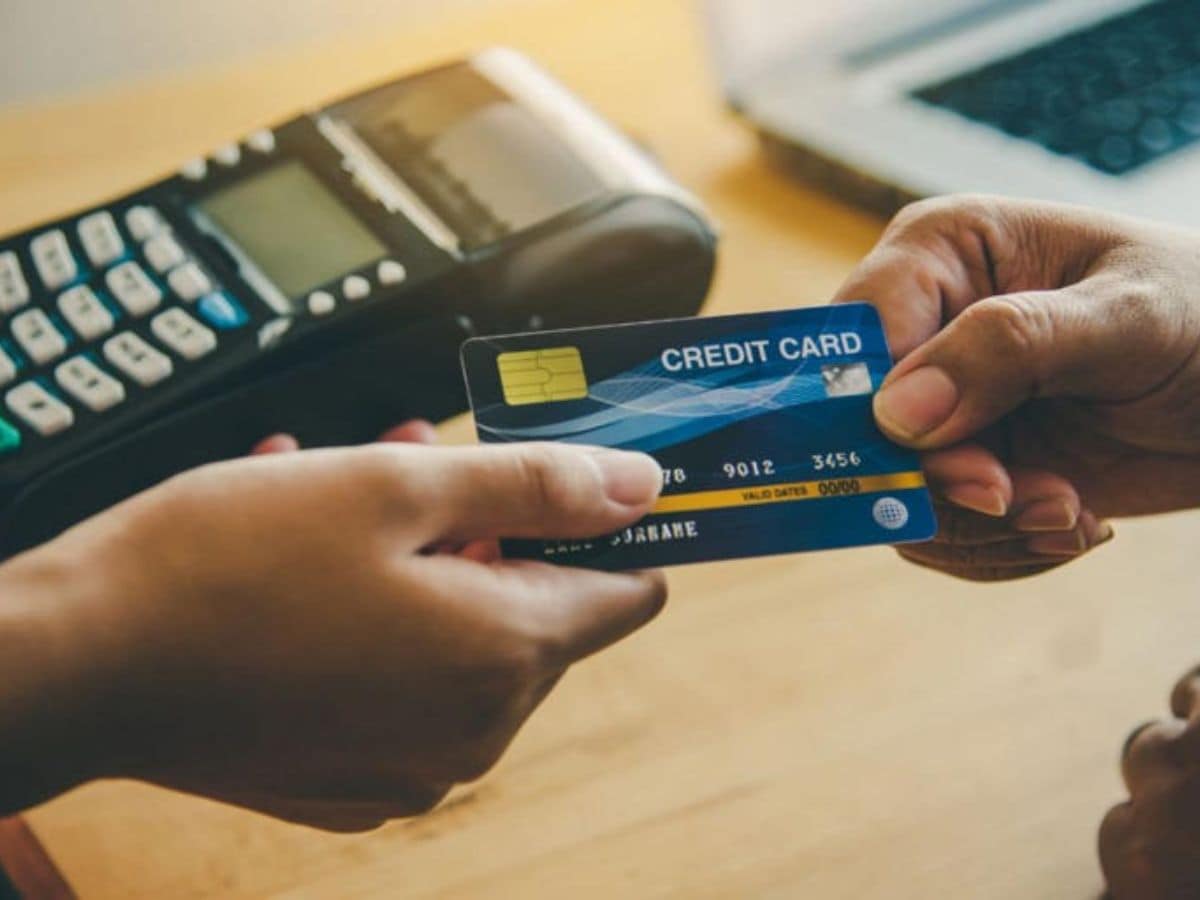
Some additional tools used by banks: they may set off amounts from accounts you hold with the same bank (subject to account terms). Persistent non-payment can push unsecured credit into very large dues and, ultimately, legal judgments that remain on record.
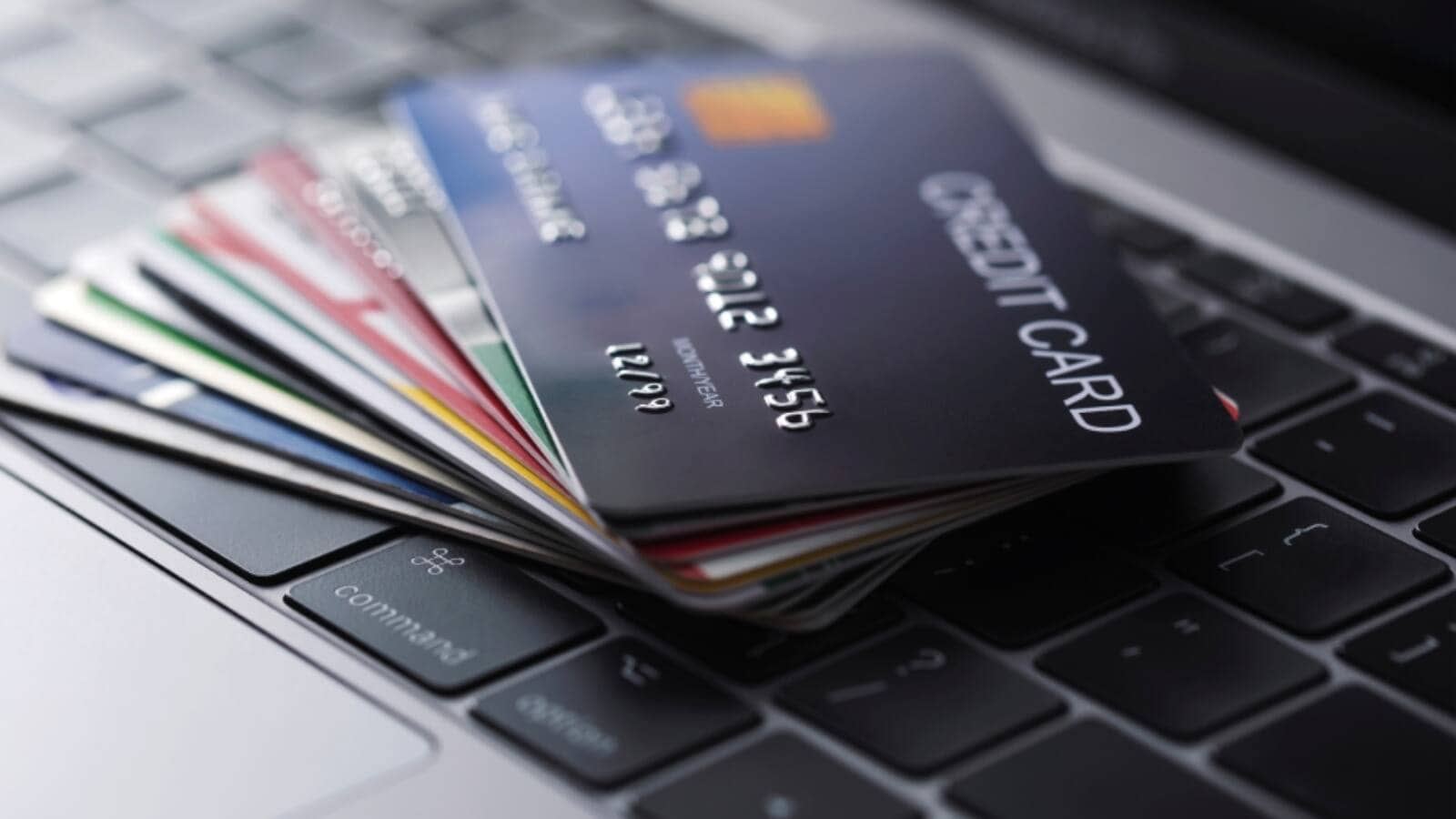
What you should do: Talk to your bank immediately. Lenders often offer options — conversion to EMIs, restructuring, or settlement offers — which can reduce stress and stop recovery escalation.
Don’t ignore notices. Responding and negotiating is far better than letting matters go to court.


